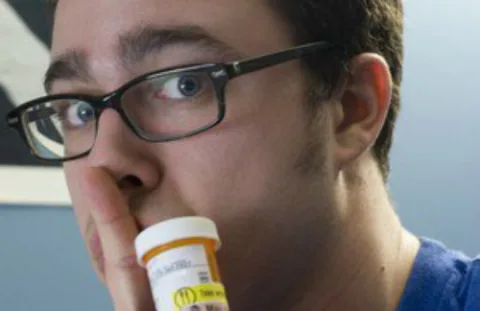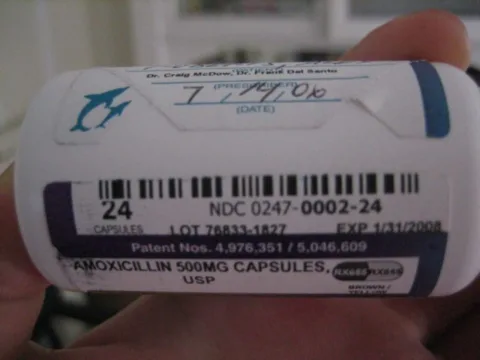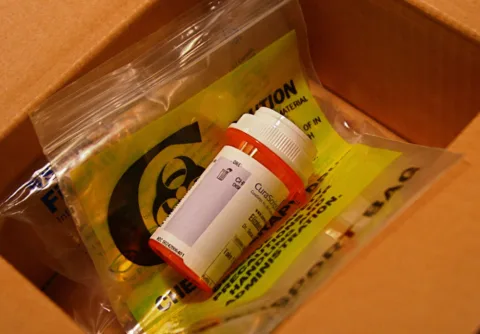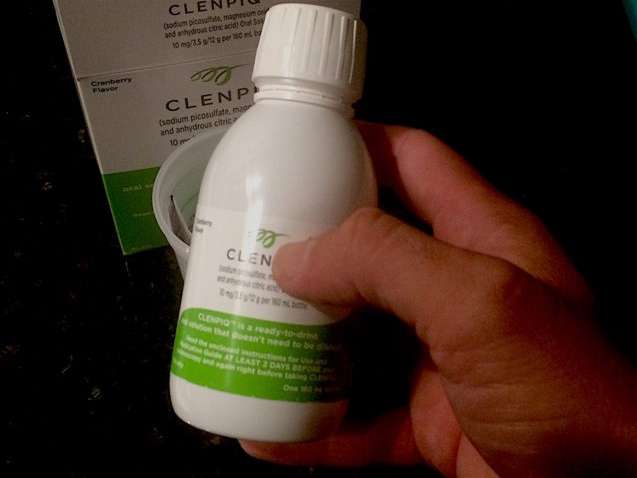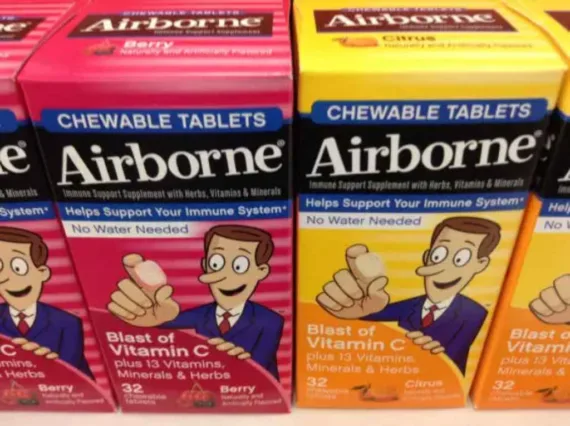There’s lots of controversy regarding how safe expired prescriptions and over-the-counter medications are.
Some say it’s okay to take expired medication, while others insist that to take any kind of drug after the expiration date could cause horrible side effects. In addition to that, the expired medication would likely not be effective because the chemical make-up could change.
The truth is our government keeps a huge stash of prescription drugs that are near their expiration dates in the event there is a major medical emergency. So, you have to wonder just how accurate these expiration dates are — especially when the government thinks it’s okay to take an expired (or near expired) drug.
Joel Davis, a former FDA expiration-date compliance chief, said that with a handful of exceptions – notably nitroglycerin, insulin and some liquid antibiotics – most expired drugs are probably effective. Source
Here are some very helpful answers to questions you should ask before taking expired medication in your home.
What The FDA Has To Say
The U.S. Food and Drug Administration conducted a major study on drugs that were stored in the best conditions (usually a cool, dry place).
Out of the 1,000 drugs that were tested, only insulin and liquid antibiotics degraded quickly.
Eye drops and ear drops may prove harmful as well as they may no longer be sterile causing an eye or ear infection instead of actually curing one. Source
The majority of the other drugs were still effective for years after their expiration dates. Some of them were still at full strength as much as 5 and 10 years after their expiration dates!
Again, you have to wonder if these expiration dates — which the government made mandatory in 1979 — aren’t just a way to get Americans to throw out their expired medications and buy new prescriptions and over-the-counter medicines.
Is the expiration date a marketing ploy by drug manufacturers, to keep you restocking your medicine cabinet and their pockets regularly? You can look at it that way. Or you can also look at it this way: The expiration dates are very conservative to ensure you get everything you paid for. And, really, if a drug manufacturer had to do expiration-date testing for longer periods it would slow their ability to bring you new and improved formulations. Source
That being said, it is important to understand that not storing your medications properly can cause them to degrade — often before their expiration dates. So, you should always follow the storage and dosing instructions which appear on the bottle.
What About Expired Antibiotics?
As a rule: you shouldn’t keep expired antibiotics to use at a later date. However, the reason has less to do with the expiration date and more to do with how antibiotics work.
For example, let’s say you have 4 or 5 antibiotic pills left from an older prescription, and you’re thinking that you should keep them and take them later if you start feeling sick again over the winter.
This isn’t a good idea for a number of reasons:
- Doing so could actually help the bacteria become more drug resistant.
- A few leftover antibiotic pills aren’t enough to rid the bacteria from your body.
- You’d be self-diagnosing which can be very dangerous.
What you may think is a bacterial infection requiring antibiotics (because the symptoms are similar to what you had before) may in fact be a viral infection that antibiotics will do absolutely nothing for.
Therefore, when it comes to expired antibiotics, you should always dispose of any leftover pills or liquid antibiotic prescriptions — regardless of the date on the packaging. Antibiotics are one expired medication you don’t want to mess with.
What About OTC Drugs & Other Prescriptions?
For the most part, other leftover medications should not be saved and taken at a later date either — whether they’re past the expiration date or not. That is, not until you speak to your doctor to be sure it is the medication you should be taking for the exact symptoms that you are experiencing.
Again, this has more to do with the danger of self-diagnosing and less to do with the expiration dates themselves.
Once a prescription is expired, you might not get as much relief from pain as you would if you took a current medication that was newly prescribed. As for sleep medication or tranquilizers, if your doctor has prescribed these on an as needed basis and your prescription just expired, they are not likely to harm you. However if they were prescribed long ago, you may need to check with a doctor before you use them, and to possibly get a new prescription. Source
The bottom line — in most cases if you’ll be just fine if you:
- Store your over-the-counter medications properly according to the packaging.
- Take it a few weeks or months (maybe even up to a year) past the expiration date.
Why Are There Expiration Dates Then?
So, you’re probably wondering what exactly determines the expiration date that’s put on over-the-counter medications. Well, in part, marketing!
That’s right, companies frequently change their packaging (and their prices), and they obviously want consumers to be constantly aware of that fact. Likewise, they are continually improving the products at the same time.
Now, get this… the expiration date on prescriptions and over-the-counter medications actually refers to the date that the product is guaranteed to be safe as long as it is in the original, unopened container.
Medicine should also be stored in its original packaging and should remain sealed prior to use. Tablets that are packaged in blister packs are still classified as sealed even if the outer packaging has been opened. However, medicine that is packaged in a bottle, which has been opened, should be used before reaching the expiration date, as the medicine will have been exposed to oxygen within the air, leaving it prone to microbial contamination. Source
What Do You Do With Expired Medication?
If you do decide to dispose of old prescription and over-the-counter medications, you need to know what medications are safe to flush.
If you don’t adhere to the list, for example — you flush your antibiotics — you may actually help certain strains of bacteria to become even more resistant than they already are.
The 2 best ways to dispose of expired medication are to:
- Take them to a local collection event in your area. Make sure the Department of Health approves the event before taking your medications there.
- Or, add salt, ashes, dirt, or other undesirable thing to the drugs, and then seal them in a plastic container or bag and throw them into the trash. That way, the drugs stay out of the environment, and it prevents people who might go through the trash from taking the drugs themselves or selling them.
For the record, here’s how to store medications properly in order to increase their effectiveness and longevity.
Placing a medication in a cool place, such as a refrigerator, will help a drug remain potent for many years. Source

